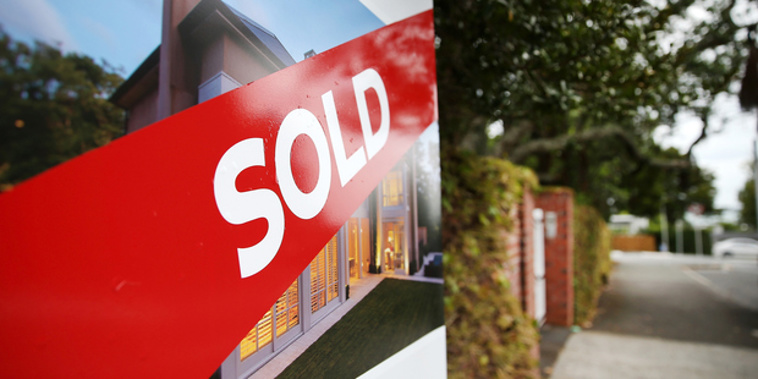
Treasury has warned the Government that its rush to ban overseas people from buying existing New Zealand homes may have "sub-optimal" or "unintended consequences".
And it further questions the benefit to the general public, saying that there is "low " certainty of evidence that it would ease pressure on the housing market or see an increase in the number of new homes.
In its regulatory impact statement prepared for Cabinet last week, Treasury noted how quickly the policy had been developed. The Overseas Investment Amendment Bill, which would enact the ban, was introduced to Parliament on Thursday.
"The main risks stem from the very tight timeframes under which this analysis has been prepared. As a result, there are a number of implementation risks," the statement says.
"Some of the design choices may be sub-optimal or have unintended consequences. The Overseas Investment Office (OIO) will only have limited time to operationalise the policy (recruiting and training staff, designing application forms and systems, and upgrading IT systems)."
It added that there was limited time to educate real estate agents, conveyancers and the general public, and a risk that extra resourcing for the OIO might not be enough.
It estimated the costs to be $3 million in the first year, rising to $10.2m in subsequent years, to deal with the 4700 requests a year from overseas people to buy land. It added that this estimate was very uncertain.
The Government is yet to announce how much extra funding it will give the OIO.
Significant noncompliance has been an issue with the office, and the bill would add enforcement measures, including a requirement by conveyancers to "certify, to the best of their knowledge", that the purchase complies with the new rules.
Failure to do so could see a fine up to $20,000.
The bill also provides for civil liability for people who are 'involved' in breaking the new rules.
Treasury said that there could be an effect on the housing market, but the supporting evidence was of "low" certainty.
"We expect less upward pressure on house prices during periods when the housing market is out of equilibrium, and foreign capital would otherwise flow into New Zealand seeking to buy houses.
"Other potential benefits could include an increase in the stock of new residential property. However, the nature of these benefits is unclear."
The bill would change the Overseas Investment Act so that only citizens and permanent residents will be able to buy property without being screened by the OIO.
It is part of the Government's 100-day programme, and a rushed select committee process with public consultation will take place early next year.
Under the bill, permanent residents and Australians would have to have resided in New Zealand for at least 183 days of the past 12 months to buy a property without OIO screening.
Singaporeans might also be exempt from screening unless a resolution can be found that doesn't violate the NZ-Singapore Closer Economic Partnership.
Other resident-class visas - including skilled migrants, resident visa holders through work, investors, entrepreneurs, refugees - would be screened.
They would be allowed to buy land and build a new home as long as they onsold it - which would add to the overall housing supply.
Those who could demonstrate they intended to live in New Zealand long-term could also buy land for a new home, but they would have to sell the property if they left the country.
Anyone on temporary or student visas would not be able to buy a house to live in at all.
Trade Minister David Parker has said he does not expect a huge impact on housing prices, but the principle that buying New Zealand homes was a privilege was an important one.
Take your Radio, Podcasts and Music with you









